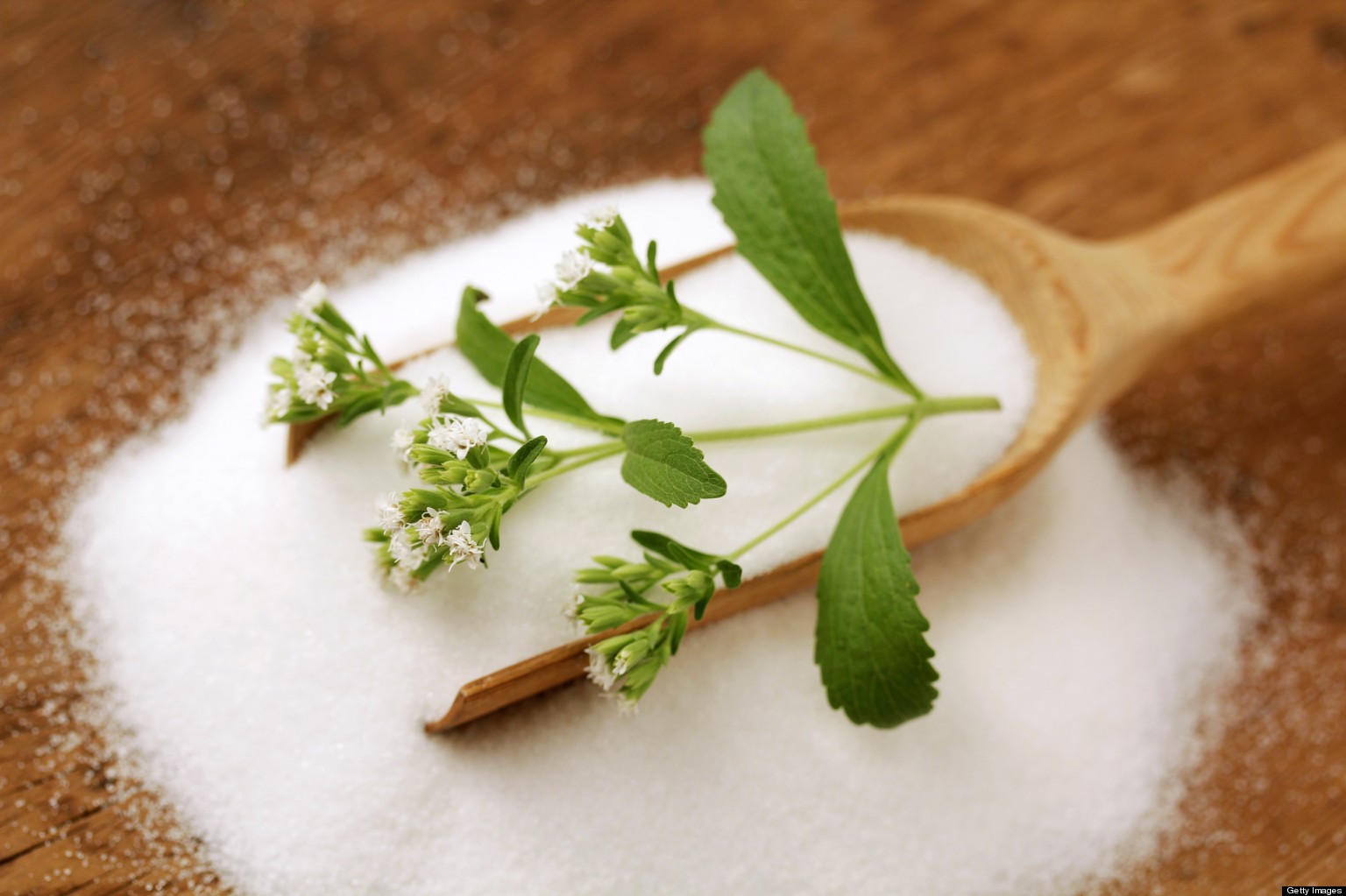Do you know what type of sugar you are putting into your grocery cart or consuming through your food?
It is indubitable that sugar is an essential ingredient in many of our diets and the food we consume on a daily basis. However, excessive sugar intake is less than ideal for our health and teeth.
Hence, the usage and consumption of sugar substitutes – which are generally any sweeteners that can replace regular table sugar – are increasingly prevalent. There are various types of sugar substitutes available today.
Artificial sweeteners are synthetic sugar substitutes, but may also be derived from natural substances. Artificial sweeteners are known to be intense sweeteners as their sweetness is greater than regular sugar yet act as attractive alternatives to sugar as they add no calories according to researchers. Most common examples of artificial sweeteners are such as Aspartame, Acesulfame Potassium and Saccharin.
Sugar alcohols, which are commonly found in candy, chewing gum, frozen desserts, toothpaste, mouth wash and fruit spread, are less-intense sweeteners. These type of sugar substitutes are naturally present in certain vegetables and fruits, but may also be manufactured. In spite of the name, sugar alcohols do not contain alcohol and contain less calories than regular sugar. Some examples of sugar alcohols are Isomalt, Xylitol, Sorbitol and Erythritol.
Novel sweeteners are such as Stevia extracts, Tagatose, Trehalose. Stevia extracts are considered novel sweeteners because of the difficulty to fit into one specific category based on how they are produced and what they are made from. However, Stevia sweeteners are commonly used as a sweetener in many parts of the world like Japan, China, Russia, Korea, Brazil, Indonesia, Argentina, Paraguay and Malaysia. Stevia was also approved as a dietary supplement and recognized as safe to consume by U.S. Food and Drug Administration.
Last, but not least, the most commonly known form of sugar substitutes are natural sweeteners. Natural sweeteners are often promoted as healthier alternatives than regular sugar although natural sweeteners are not significantly different from regular sugar as excessive consumption of natural sweeteners may result in weight gain and tooth decay as well. However, natural sweeteners like pure, raw honey is rich in nutrients which furnishes your body with critical minerals and vitamins.





